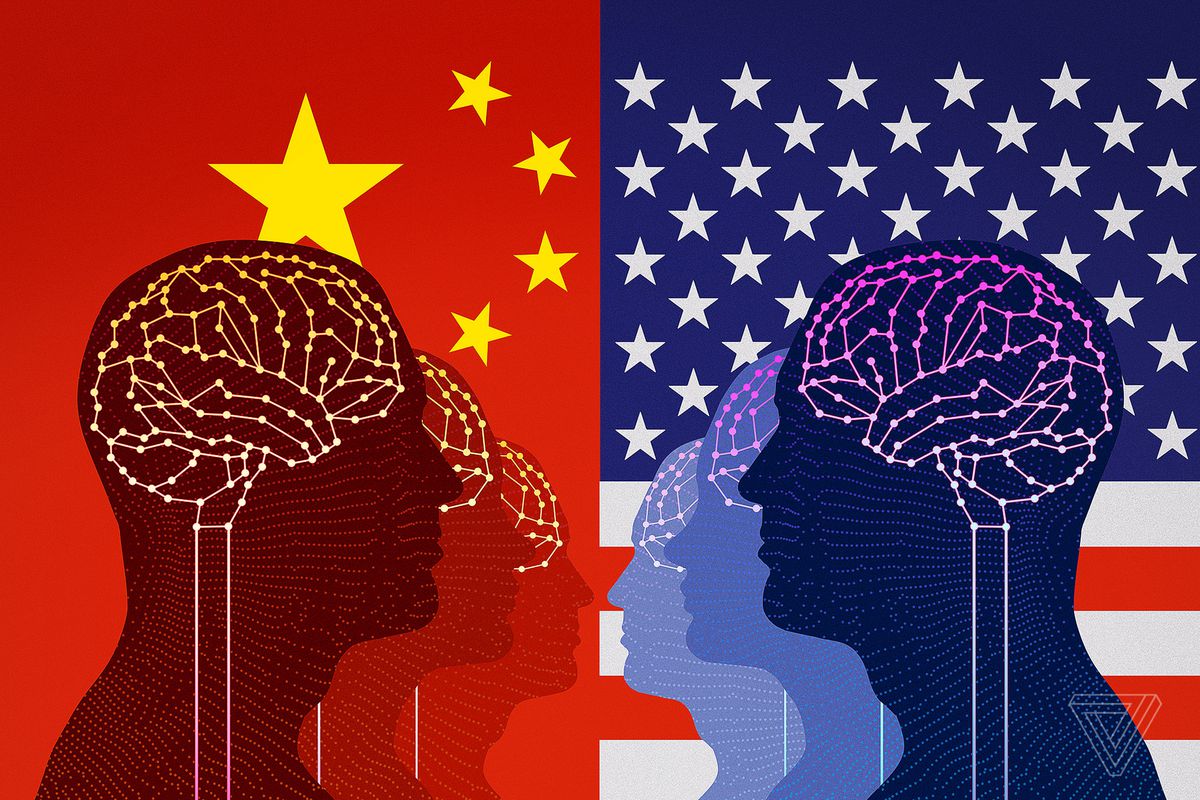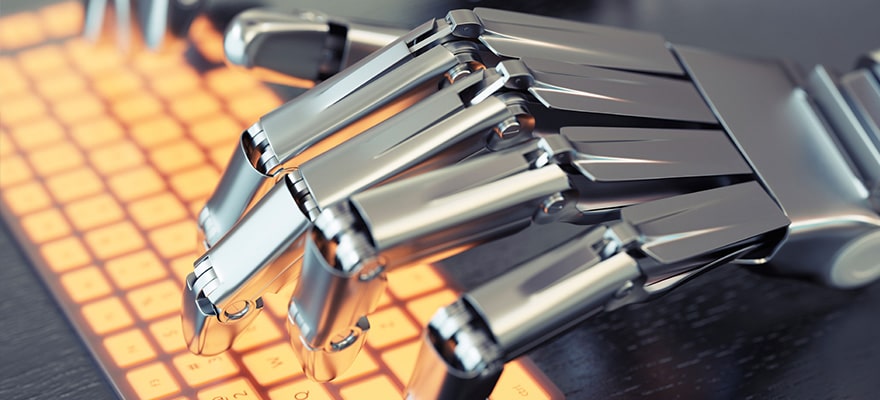Artificial intelligence will change the Market forever
The beginning of the year is the best time to talk about the future. And apart from omnipresent ICO news, you’ve probably heard one recurrent subject – artificial intelligence(AI). If it doesn’t sound interesting to you already, you should probably rethink that, because no matter whether you want it or not, AI will soon change your life forever.
We’ve looked deep into different scenarios of the future AI brings and gathered all that will influence traders the most.
Major AI global race
The world is hyped for the new tech revolution AI will bring. Already there are rivers of cash flowing around it and it’s only going to multiply in the next few years. According to Bloomberg, AI will contribute as much as $15.7 trillion to the world economy by 2030. That’s more than the current combined output of China and India.
Almost every country has taken the initiative to prepare for the upcoming AI era. It’s hardly an overstatement that whoever first invents and successfully implements the AI will have a major boost to its economy. It goes without saying that this will significantly reflect on the Currency Market.

But if Russia is mainly busy with AI autopiloting technology, China is expecting to be the number one country in wide exploitation of the technology by 2030.
AI could increase China’s annual growth rate by 1.6 percentage point to 7.9 percent by 2035 in terms of gross value added, a close proxy for GDP, adding more than $7 trillion, according to Frontier Economics.
“The impact of AI on China will be huge and greater even than the impact on the U.S.,” Anand Rao, an AI researcher at PwC.
While the White House doesn’t want to lose this race to China, according to some sources this might actually happen. “Right now, AI is a two-horse race between China and the US. And China has all the ingredients it needs to move into first. They include government funding, massive population, a lively research community, and a society that seems primed for technological change.” Anthony Mullen, a director of research at analyst firm Gartner.

AI is expected to influence heavily the U.S. economy and not only in a good way. The improved overall productivity and economic growth will go hand in hand with short- and long-term job loss. Though U.S. government has taken some actions to ensure positive outcome:
· Investment in AI R&D.
· Develop AI for cyberdefense and fraud detection to identify and respond to evolving cyber threats, detect fake financial transactions, and prevent identity theft.
· Encourage market competition by easing the entry of startups and providing incentives to existing companies that further innovation.
U.S. analytics suggest that combining the feature of growth with automation can yield a rich description of the growth process, including consequences for future growth and income distribution.
Machines have mastered the trade
You might be surprised to learn that learning and self-adjusting hedge funds already significantly outperform quant hedge funds, as well as traditional human-based fund managers, according to a report by Eurekahedge.
Machines on the market are not a new thing, of course, but recently they started to develop surpassing precision. Inhumanly smart and profitable expert advisors are not there yet, but technologies that were developed just recently come very close to this and it’s definitely a glimpse of what’s to come. Many investors would agree that artificial intelligence could be incredibly helpful for us in many ways, be that analytics, risk calculation, prediction or decision-making.
For example, the impact of human emotions on trading decisions was always one of the main problems. Excluding the human factor would come as a logical solution to this. In the future traders most likely will use AI, that will make decisions and execute trades for them, which will be much faster and more efficient than any human.

Already machines are capable of learning by processing enormous amounts of data, usually derived from historical prices. Those data samples consist of variables called predictors, and also target variable, that represents expected outcome. AI learns to use the predictor variables to predict the target variable. To put it simply, an algorithm studies historical data searches for trends and predicts further movements.
There are multiple strategies which use machine learning to optimize algorithms, including linear regressions, neural networks, deep learning, support vector machines, and naive Bayes.
Right now we are in the early stages of incorporating this powerful tool into our trading strategies, which means there are high chances to be the first to benefit from it before any possible complications might occur.
Bottom line
Financial services will be one of the main sectors heavily changed by artificial intelligence. Even today’s technologies in this area are capable of significantly changing our lives, they only wait to be implemented.

Despite the controversy, it is most likely that AI will first provide us with significant opportunities to make money by influencing the global economy, but also will improve our trading experience in many ways.